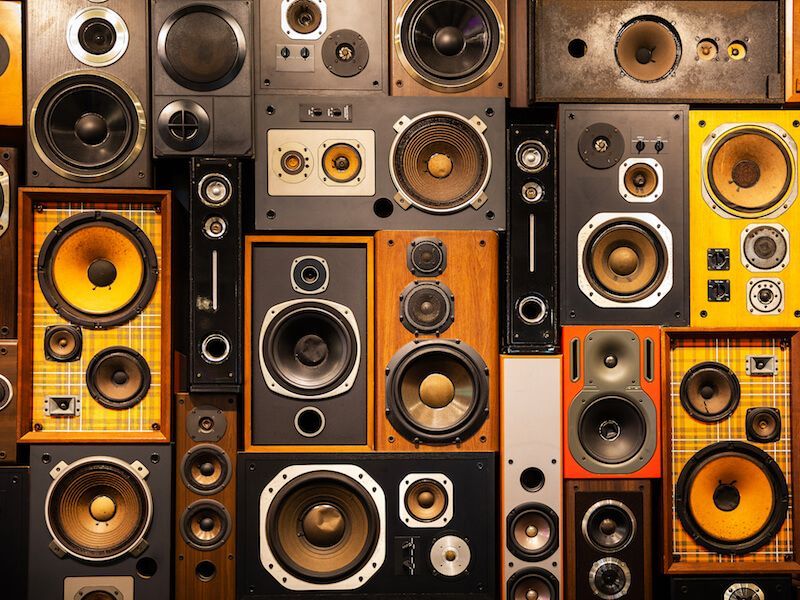Can Noise Related Hearing Loss be Cured?

It’s extremely common for people to have loss of hearing brought on by repeated exposure to loud noise. If you are always exposed to noise that exceeds 85 decibels, your hearing might be irreversibly impaired.
Exactly How Does Noise-Related Hearing Loss Work?
There are tiny hair cells in your inner ear which can be irreversibly harmed by loud noise. This is called sensorineural hearing loss.
Noise-induced hearing loss can be caused by long-term exposure to extremely high levels of noise , which causes a gradual decline of your hearing. Immediate damage can also happen if you are exposed to a burst of extremely damaging noise all at once.
More than 17 percent of individuals between 20 to 69 have hearing loss that is a result of their recreational or work activities. Some examples of noises that can result in hearing loss might include:
- Sirens
- Jackhammers
- Motorcycles
- Jet engines
- Nearby fireworks
- Busy Traffic
- Chainsaws
- Loud headphoness
Can it be Reversed?
Even though scientists are making advancements, presently, there is no cure for noise induced hearing loss. If you’ve been exposed to a loud noise, you should see a doctor as soon as possible, because some of the long-term damage is caused by swelling in the ear. You may be able to limit the damage that occurs by reducing inflammation. Waves of sound are sent to the brain by the little hair cells in the ear. If noise damages or destroys them, they won’t regenerate. Meaning that your ability to hear will be permanently impacted. Safeguarding your ears, then, should be a priority, and seeing a specialist if you’re presently having hearing problems.
Research to Tackle The Issue
This condition is currently not curable. But repairing noise-related hearing loss is top priority for scientists. For example, some studies are in clinical trials right now that are evaluating whether a drug can repair the growth of the tiny hairs in the ear. Age-related hearing loss and loud noise can harm these hairs, but regrowth would help repair hearing if scientists are capable of getting the drug to work.
What Hearing Remains Needs to be Protected
While hearing loss that is a result of noise cannot be restored (yet), you are capable of taking specific steps to avoid hearing loss or save the remaining hearing that you have. You can:
- Reduce your exposure to extremely noisy activities at home
- Manage any hearing loss you have with hearing aids
- Get tested routinely
- If there are places that always have loud noise – stay away from them
- If you work in an occupation that has persistently loud noise, use the recommended hearing protection
Lowering the volume on your devices, wearing ear protection, and staying away from overly loud noise is the best way to protect your hearing. But if you are exposed, make an appointment for a hearing test.


